ChannelAdvisor have been in the paid search business for many years and have been working on an idea of how to help retailers better manage paid search, especially in connection with inventory.
Essentially for paid search (which to most people means Google Adwords), if you ignore brand keywords there are three levels of keyword that you could focus on:
Head terms – These are the top level keywords such as “DVD player” It’s normally very expensive to get to the top and get a return on investment as you’re in competition with the very largest retailers. Some retailers will want to be top for a particular term regardless of cost plus all of your competition wants to be ranked for these words too.
Torso terms – These are more specific for example “Sony DVD Player”. Because you’re now getting less generic the keywords are generally lower cost and this is the level of detail most retailers achieve. You may sell 20 or more different models of Sony DVD Players, but the complexity of managing large quantities of keywords in your campaign means most retailers don’t get more specific.
Long tail terms – On their own these are very specific terms and may be very rarely searched for, a lot of queries may only be searched for every few weeks or even have never been done before. Although long tail terms are very specific they have a lot of detail that the buyer is looking for. Consumers are becoming more exact about entering search terms when shopping often including specific model numbers in their query. When search ads match these specific searches they have a much higher conversion rate than more generic terms.
Retailers have always been unable to maximise the opportunity to this level of detail. To build out 2 or 3 keywords for that type of search term for 100s or 1000s of products is just too much work to do manually and of course as your inventory changes the work once completed is soon out of date.
ChannelAdvisor started looking at this and how to help retailers tap into the long tail of product driven search. What they’ve done is build a complete feature set which will automatically build these long tail search campaigns.
Their Inventory Driven Search will automate the process of building out keyword lists from inventory. Software data mines the product feed and identifies the best keywords to launch and then dynamically creates keywords. As things change, products go out of stock, new products come in, and prices are adjusted, these updates are automatically rolled out to Google and Bing.
A great example of the detail that ChannelAdvisor have built into their paid search technology is the ability to put the price of product into the ad copy. A retailer may have a low price and get conversions, but on the flip side if their price isn’t competitive they won’t get the click through from the buyer. Having the price displayed in your Paid Search adverts means that when you’re not price competitive you avoid paying for clicks that almost certainly won’t result in a sale.
All too often strategy Paid Search campaigns fail because the price has changed or product is out of stock. The new ChannelAdvisor technology will automatically pause advertising for out-of-stock products and reactivate when the products come back into stock.
Inventory Driven Search gives the ability to capture incremental revenue from keywords which normally would be too time intensive to promote. None of the long tail keywords on their own would produce stellar results, but the incremental revenue from thousands of keywords, combined with live pricing, can give a very good return on investment.
The key for retailers is that they’ll attract buyers looking for very specific items that they have in stock at a price the buyer is happy to pay. ChannelAdvisor’s Inventory Driven Search will build long tail paid search ads based on your real time inventory and pricing to capture the detailed consumer searches. Best of all there’s also no upgrade fee to start using the new feature if you already use ChannelAdvisor Paid Search.
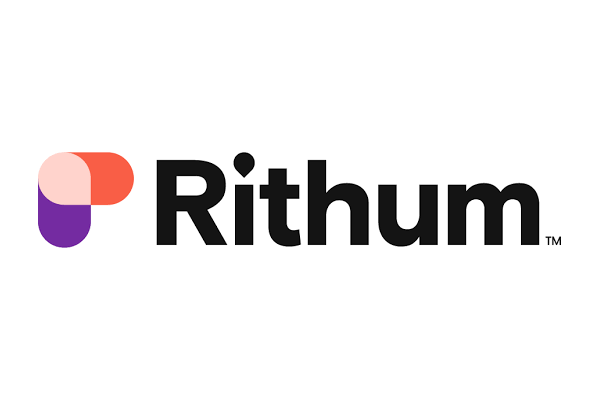

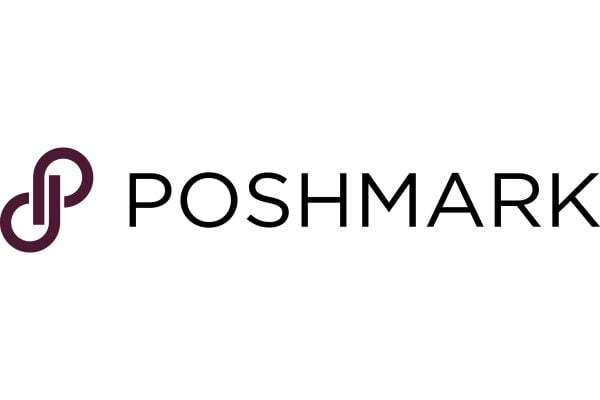
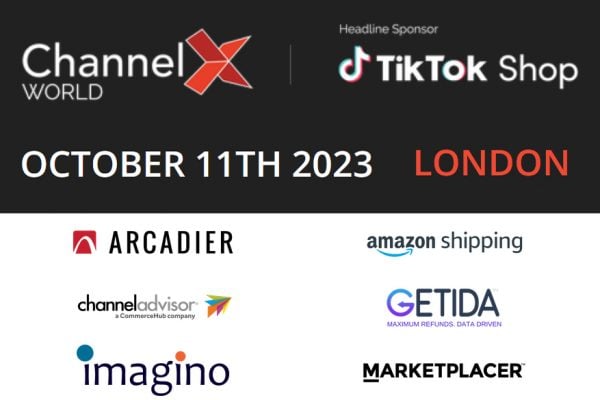
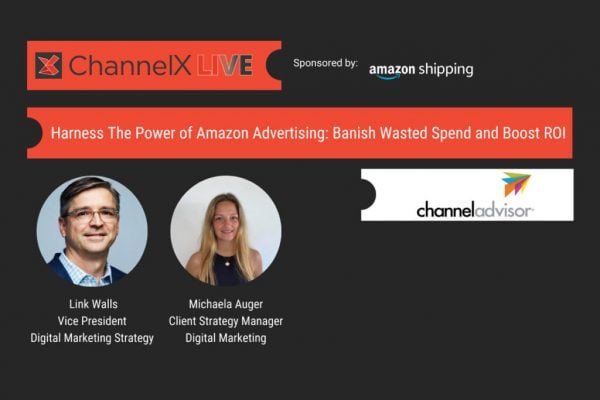
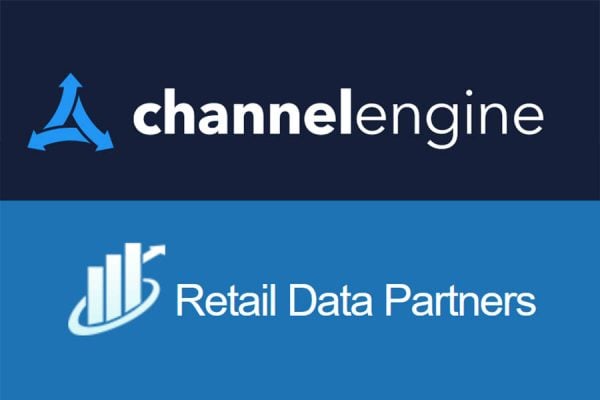
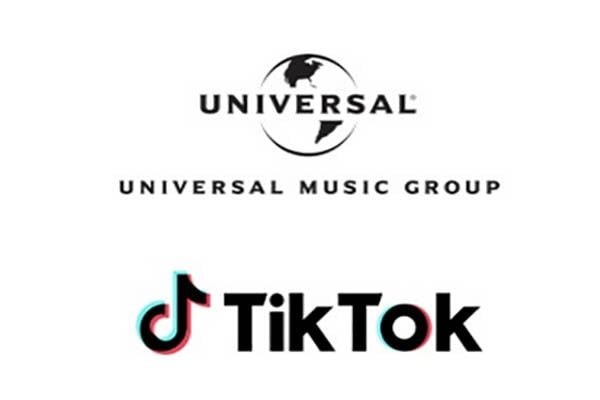

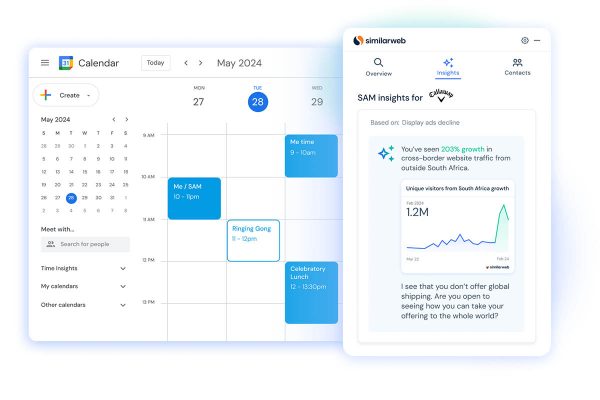
5 Responses
this sounds really interesting. Do you have a direct link to the website please?
Gotta say that sounds pretty interesting, I like the long tail approach personally as you can pretty much sleep soundly knowing Google won’t own your house in the morning.
What you need to remember though is with long tail terms the product that is being searched for is more than likely going to show up in the middle of the screen with it’s price as a “shopping results” item. If your product is fairly obscure you may be paying for a conversion that you would have got anyway if it is a more common item more than likely you will be competing with Amazon.
I’m sure many of the companies who offer to manage paid search for smaller businesses are just making their money on the churn.
Good point Jimbo.